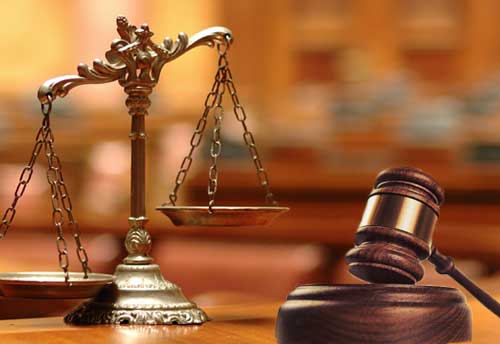Expert Committee for examining Specific Relief Act, 1963 recommends modifications for ensuring ease of doing business
Updated: Jun 21, 2016 06:15:40am

Expert Committee for examining Specific Relief Act, 1963 recommends modifications for ensuring ease of doing business
New Delhi, June 21 (KNN) The Expert Committee set on examining the Specific Relief Act, 1963 has submitted its report to the government in which it has recommended modifications in Act for ensuring the ease of doing business.
The report was submitted to Union Law & Justice Minister D.V.Sadananda Gowda here in New Delhi.
The modifications were recommended keeping in view the tremendous developments which have taken place since 1963 and the present changed scenario involving contract based infrastructure developments, public private partnerships and other public projects, involving huge investments and more.
The Committee decided to change the approach, from damages being the rule and specific performance being the exception, to specific performance being the rule, and damages being the alternate remedy.
It also recommended providing guidelines for reducing the discretion granted to Courts and tribunals while granting performance and injunctive reliefs.
The Committee want introduction of provisions for rights of third parties (other than for Government contracts) and to consider addressing unconscionable contracts, unfair contracts, reciprocity in contracts etc., and implied terms.
The committee observed that there is a need to classify diverse Public utility Contracts as a distinct class recognising the inherent public interest/importance to be addressed in the Act. Any public work must progress without interruption.
This requires consideration whether a court’s intervention in public works should be minimal. Smooth functioning of Public works projects can be effectively managed through a monitoring system and regulatory mechanism, the Ministry of Law & Justice said in a statement.
The role of courts in this exercise is to interfere to the minimum extent so that public works projects will not be impeded or stalled, it added.












